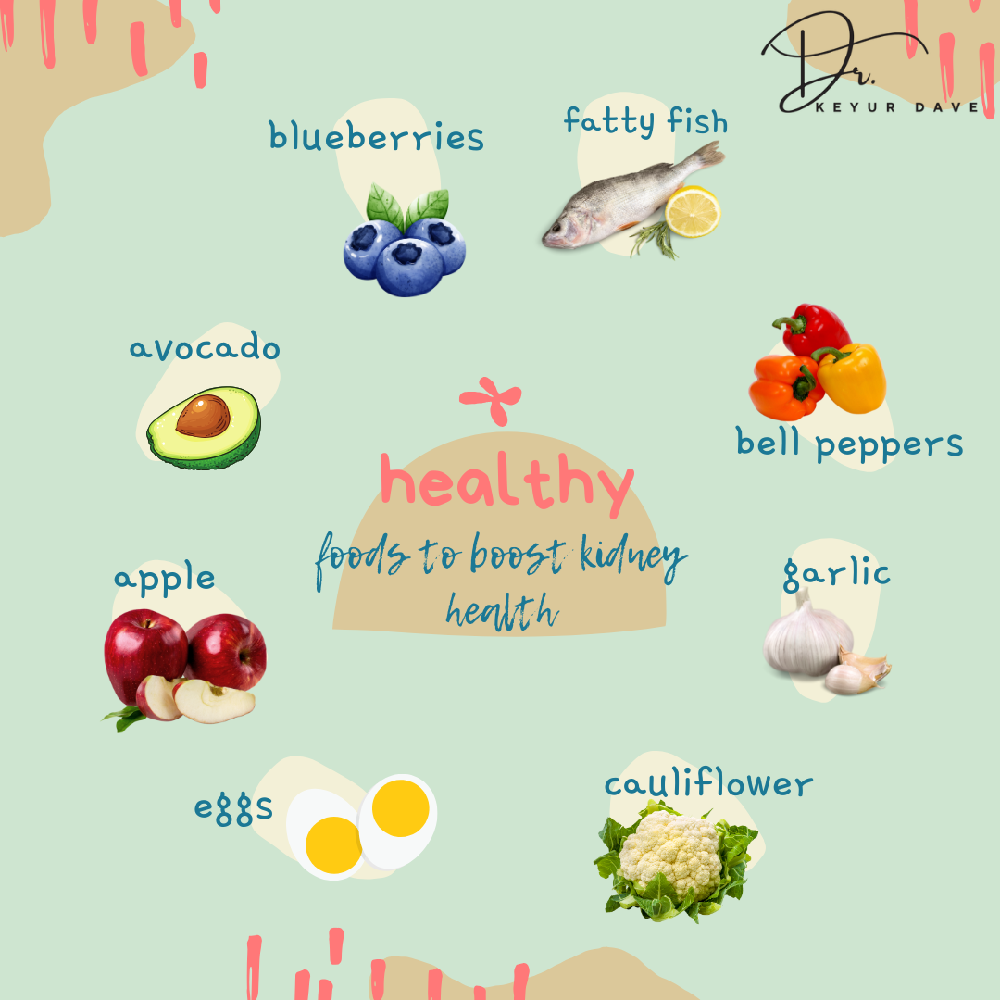
Diet Tips for Better Kidney Management
Maintaining a healthy diet is essential for keeping your kidneys functioning properly. Your kidneys play a crucial role in filtering waste and balancing fluids in your body. If you have kidney disease or are at risk, following a kidney-friendly diet can help protect your kidneys and prevent further complications.
1. Reduce Sodium Intake
Excess sodium can increase blood pressure and strain your kidneys. To manage your sodium levels:
-
Avoid processed foods, canned soups, and salty snacks.
-
Choose fresh vegetables and cook with herbs and spices instead of salt.
-
Read food labels to monitor sodium intake, aiming for less than 2,300 mg per day.
2. Monitor Protein Consumption
While protein is essential, consuming too much can overwork your kidneys. Consider:
-
Opting for lean sources of protein such as fish, chicken, or tofu.
-
Controlling portion sizes to prevent excessive protein intake.
-
Consulting a dietitian to determine the right amount of protein for your condition.
3. Manage Potassium Levels
Potassium helps your muscles and nerves function properly, but too much can be harmful for those with kidney disease. To maintain balanced potassium levels:
-
Choose low-potassium fruits and vegetables like apples, berries, and green beans.
-
Limit high-potassium foods such as bananas, oranges, and potatoes.
-
Boil vegetables to reduce potassium content if necessary.
4. Control Phosphorus Intake
Excess phosphorus can weaken bones and cause other health issues. Protect your kidneys by:
-
Avoiding processed foods and carbonated drinks that are high in phosphorus.
-
Limiting dairy products, nuts, and seeds.
-
Choosing phosphorus-free alternatives such as almond milk or rice milk.
5. Stay Hydrated
Proper hydration supports kidney function and helps remove toxins. Drink sufficient water daily unless your doctor recommends fluid restriction. However, avoid sugary drinks and excessive caffeine.
6. Choose Healthy Fats
Healthy fats reduce inflammation and promote overall health. Incorporate:
-
Olive oil, avocados, and flaxseeds into your meals.
-
Fatty fish like salmon for essential omega-3 fatty acids.
7. Limit Sugar and Processed Foods
Excess sugar and processed foods can contribute to obesity and diabetes, which are risk factors for kidney disease. Maintain a balanced diet by:
-
Reducing your intake of candies, baked goods, and sugary beverages.
-
Choosing whole foods and home-cooked meals over packaged products.
8. Work with a Dietitian
Every individual’s dietary needs are unique. Consult a registered dietitian specializing in kidney care to create a personalized meal plan. They can help ensure you meet your nutritional needs while protecting your kidneys.
Final Thoughts
Adopting a kidney-friendly diet is a proactive step towards better kidney health. By managing your sodium, potassium, protein, phosphorus intake, and overall lifestyle choices, you can reduce strain on your kidneys and maintain overall well-being. Consistency and mindful eating can go a long way in supporting your kidney function and preventing complications.

.png)